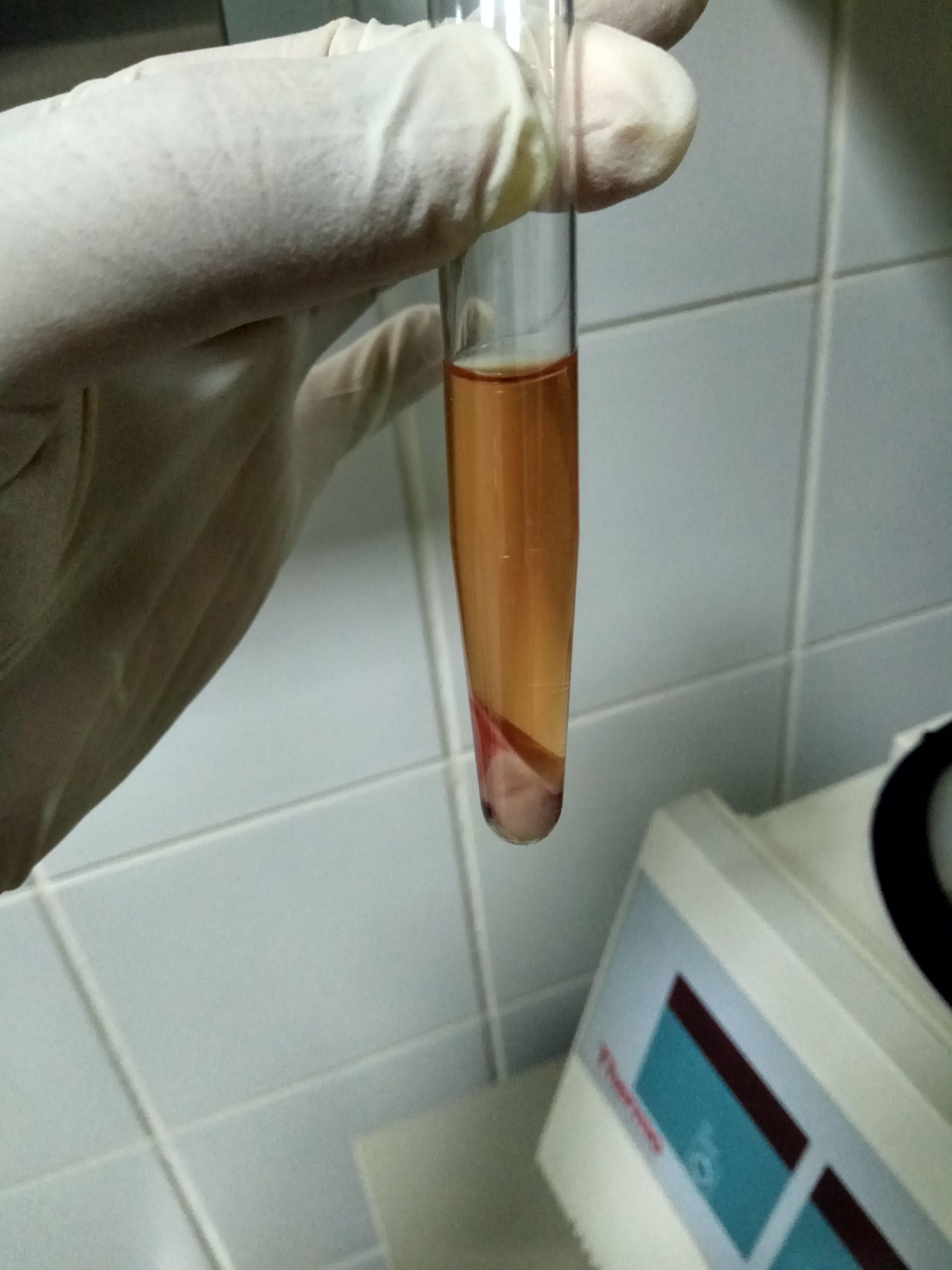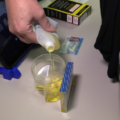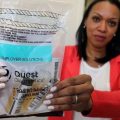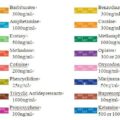A urine drug test, also known as a urine drug screen or UDS, is a type of drug test that detects the presence of drugs or their metabolites in a person’s urine. Urine drug tests are commonly used to detect drug use for a variety of reasons, including employment screenings, drug treatment programs, and forensic investigations.
Urine drug tests are a popular method of drug testing because they are non-invasive and easy to administer. The test is usually conducted by collecting a sample of the person’s urine and analyzing it for the presence of drugs or drug metabolites. The test can be done on-site, such as in a workplace or treatment facility, or the sample can be sent to a laboratory for analysis.
Urine drug tests can detect a variety of drugs, including:
- Marijuana
- Cocaine
- Opioids, including heroin, oxycodone, and fentanyl
- Amphetamines
- Benzodiazepines, such as Xanax and Valium
- Methamphetamine
- PCP
The length of time that a drug can be detected in a person’s urine depends on several factors, including the type of drug, the person’s metabolism, and the amount and frequency of drug use. Some drugs, such as marijuana, can be detected in urine for several weeks after use, while other drugs, such as cocaine, may only be detectable for a few days.
There are several different types of urine drug tests, including:
- Immunoassay tests: These tests are the most common type of urine drug test and are used for initial screenings. They are inexpensive and provide rapid results, but they are not as accurate as other types of tests.
- Gas chromatography/mass spectrometry (GC/MS) tests: These tests are used to confirm positive results from immunoassay tests. They are more accurate than immunoassay tests and can detect a wider range of drugs, but they are more expensive and take longer to produce results.
- Liquid chromatography/tandem mass spectrometry (LC/MS/MS) tests: These tests are similar to GC/MS tests but are more sensitive and accurate. They are often used in forensic investigations and other situations where accuracy is critical.
While urine drug tests are a useful tool for detecting drug use, they are not foolproof. There are several ways that a person can try to cheat a urine drug test, such as by drinking large amounts of water or using adulterants to alter the composition of their urine. However, laboratories and testing facilities are aware of these methods and have developed strategies to detect and prevent cheating.
How To Produce Urinre For Drug Test
To produce a urine sample for a urine drug test, follow these steps:
- Check the test instructions: Make sure you read and follow the instructions provided by the testing facility. The instructions may include specific guidelines on how to collect the sample, such as whether you need to fast or avoid certain foods or drinks.
- Drink fluids: Drinking plenty of fluids can help you produce enough urine for the test. Water is the best choice, but you can also drink other fluids like tea, juice, or sports drinks. Avoid alcohol and caffeine, which can dehydrate you.
- Clean the genital area: Use soap and water to clean the genital area before producing the urine sample. Make sure you dry the area thoroughly.
- Collect the urine sample: Urinate into a sterile container provided by the testing facility. The container may have a lid or cap that you can use to seal it after collecting the sample. Make sure you collect enough urine to fill the container to the required level.
- Label the container: Write your name and the date on the container using a permanent marker. This will help the testing facility identify your sample and prevent mix-ups.
- Deliver the sample: Follow the instructions provided by the testing facility for delivering the sample. You may need to bring the sample to the facility yourself or send it by mail.
It is important to note that some medications and substances can affect the results of a urine drug test. If you are taking any prescription or over-the-counter medications, or if you have used any illicit drugs or substances recently, make sure you inform the testing facility before producing the urine sample.
Can You Use 3 Day Old Urine For A Drug Test?
No, you should not use a 3-day old urine for a drug test as the results may not be accurate. Urine can start to degrade and break down after a few hours, which can affect the accuracy of the drug test results. Additionally, the longer the urine sits, the more likely it is to become contaminated with bacteria or other substances, which can also affect the results. It is best to use fresh urine for a drug test to ensure the most accurate and reliable results.
In general, it is recommended to use fresh urine for drug tests. The ideal time to collect a sample is typically in the morning, as this is when urine is most concentrated and will provide the most accurate results. If you need to store urine for a short period of time before a test, it is best to keep it refrigerated and use it within 24 hours.
It is important to note that using someone else’s urine or trying to alter your own urine sample in any way is illegal and could result in serious consequences, including criminal charges and loss of employment. It is always best to be honest and upfront about any drug use and to seek help if you are struggling with addiction.
How Long Is Urine Good For At Room Temperature For A Drug Test?
Urine for a drug test should ideally be tested within four hours of collection, as any delays can affect the accuracy of the results. If the urine is not tested within four hours, it should be stored in a refrigerator at a temperature between 2°C to 8°C (36°F to 46°F) until testing can be performed.
At room temperature, the urine can quickly begin to degrade due to bacterial growth, which can cause changes in the pH and composition of the sample, potentially leading to false results. Urine samples stored at room temperature for more than four hours are considered compromised and should not be used for drug testing.
It’s important to follow the guidelines provided by the testing facility or medical provider when collecting and storing urine samples for drug testing. This will ensure the most accurate and reliable results.
Can Drug Tests Detect Age Of Urine?
Drug tests do not detect the age of urine, but they can detect whether the urine has been tampered with or diluted. This is why drug testing facilities often require a sample to be collected on-site and monitored to prevent any attempts at cheating or tampering with the sample. In some cases, laboratories may test the specific gravity and pH levels of the urine sample to determine if it has been adulterated or if it is a valid sample. However, the age of the urine itself does not affect drug test results.
How Long Does Drug Test Urine Stay Good For?
The duration for which a drug test urine sample stays good or valid depends on several factors, including the type of drug test, the storage conditions, and the specific drug being tested for.
In general, most drug test urine samples are considered valid for up to 72 hours (3 days) if they are stored at room temperature and up to 7 days if they are refrigerated. However, this may vary depending on the specific drug being tested for and the sensitivity of the testing method used.
It’s important to note that the accuracy of drug test results may decrease over time as the urine sample breaks down or becomes contaminated. Therefore, it’s always recommended to collect and test the urine sample as soon as possible after it’s provided to ensure the most accurate results.





